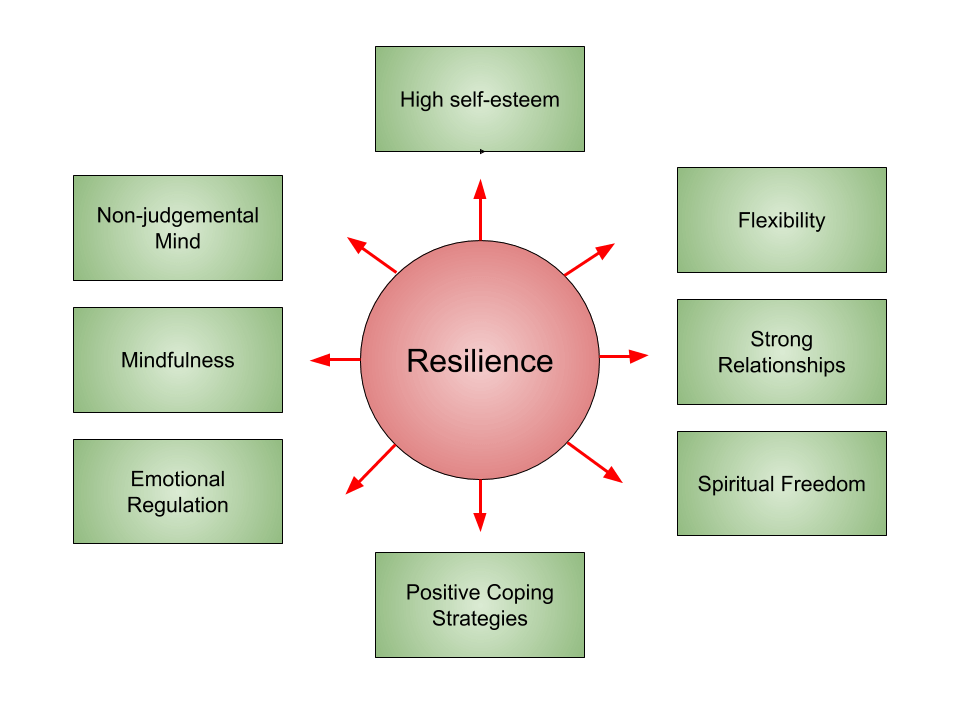How Well Are You Bouncing Back?
- shawlpc
- Aug 30, 2020
- 2 min read
How well are you bouncing back from life's demands? How is your emotional resilience?
Emotional resilience is known as how well you are able to adapt to stressful situations or crisis without long lasting difficulties. The word resilience comes from the Latin word “resilio” which means to bounce back. How well do you think you bounce back from life’s challenges? How well do you empower yourself to manage challenges? Life can bring on many unexpected challenges, and daily demands that can constantly weigh you down.
Often you may hear people state they are numb when going through stressful events, however, being numb is not emotional resilience. Emotional resilience is not the absent of problems, self-awareness, and feelings. It’s about being more aware and connected with your emotions to choose a healthier and more productive choice.
Being able to bounce back allows you the ability to look for more useful and healthier solutions. I like to think that resilience helps you stay more clear headed and not allowing negative thoughts to overpower your decision making. Having resilience allows us to see certain situations as temporary and provides more self-compassion to ourselves rather than seeing every stressful situation as an internal problem with ourselves. This allows us to grow from disappointments, regrets, and mistakes so that we can keep pushing forward.
In my opinion you are not born with emotional resilience, but you can develop it. Consider two children who have the same parents, seemingly treated the same, and live in the same household. They both may have a different perspective on how they were treated compared to the other sibling, this can effect how one sibling compared to the other makes decisions. You may find yourself asking “why can’t I do this like my sister, brother, mother, father, or colleague?” “why is this harder for me than anyone else?” Although there may be multiple similarities, we will make decisions based on our experiences, knowledge, options, desires, needs, upbringing, and motivation. Our level of resilience can also be effected by being exposed to trauma and abuse at an early age, poverty, parental guidance, environment, how our parents handled stress, and certain learning disabilities. It contributes to how we see the world.
When comparing ourselves to others we limit our own strengths. When building resilience I think its important to take a look at your strengths, everyone has some. There are no strengths or accomplishments too small. Consider your achievements, the things you had to overcome, walk away from, arguments you handle well, stress you managed well, and effectively problem solving your way through challenges. This helps build a positive sense of self, and motivate you to continue to choose healthier behaviors and not the behaviors that comes easy that can also be damaging. When building emotional resilience its important to examine all areas of our life to see how healthy these areas are and how to improve them, so when difficulties arise we have something to help keep us emotionally grounded. What has helped me build emotional resilience is healthy boundaries, self-compassion, flexibility positive outlook in moving forward. What has helped you build resilience? Do you think resilience is something you are born with?
Take a look at the emotional resilience diagram attached from PositivePsychology.com
Sources for blog: https://positivepsychology.com/emotional-resilience/





Comments